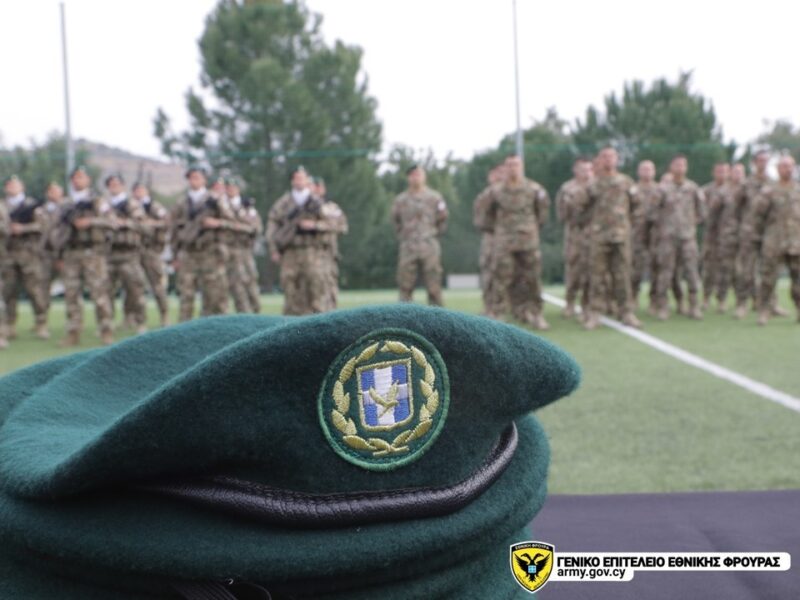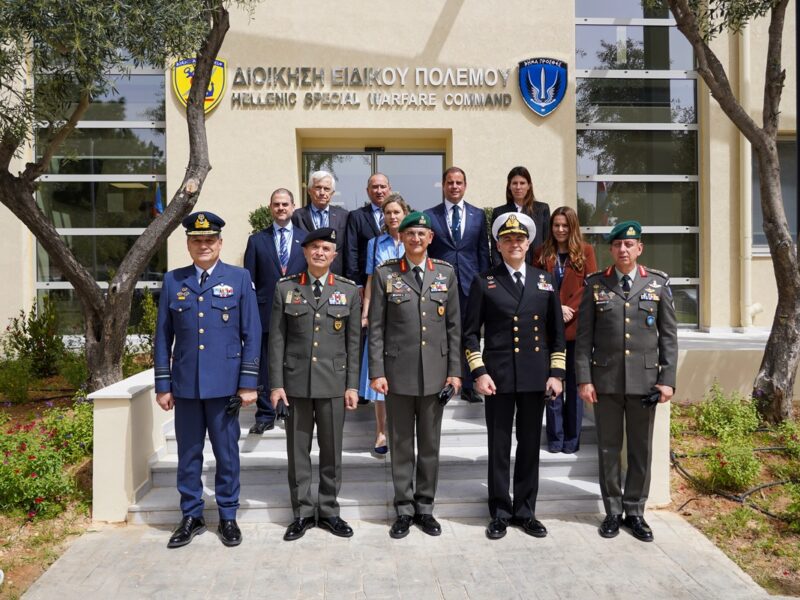WASHINGTON — The U.S. military lacks the ability to quickly deploy personnel who can fend off malicious actors trying to shape public opinion and must act now to build such “information forces,” according to a newly unveiled Pentagon strategy.
Capturing the information ecosystem from social media chatter to government propaganda is increasingly important as misinformation and disinformation proliferate and global powers, including China and Russia, seek to influence foreign affairs from afar.
The Department of Defense must “build a process for the rapid development of intelligence forces groups, including the reserve force,” and strengthen an associated workforce of military and civilian experts, according to the 2023 Strategy for Operations in the Information Environment. The effort requires improved recruitment, training and career paths.
The document mandated by Congress released on November 17, months after internal publication. Information warfare represents a compelling mix of public outreach, offensive and defensive cyber capabilities, and cyber operations. It combines data awareness and manipulation to gain an advantage before, during and after major events.
“As this strategy makes clear, our ability to gain and maintain information advantages at times and places of our choosing is critical to successful intelligence operations,” Defense Secretary Lloyd Austin wrote in the introduction. “Make no mistake: America’s competitors and enemies are moving quickly in the intelligence environment, hoping to offset our enduring strategic advantages elsewhere.”
RELATED
Emerging technologies play a critical role in both conducting and preventing influencer campaigns, according to the strategy.
Genetic AI, capable of mimicking human interaction, can fuel spam, phishing attempts and impersonation, while automation can flood Facebook or X, formerly Twitter, with misleading and provocative posts. US officials have repeatedly warned against the former. The latter has been observed in the Russia-Ukraine and Israel-Hamas wars.
Air Force Lt. Gen. Kevin Kennedy, the commander of the intelligence-warfare-focused 16th Air Force, said at an event earlier this month that discipline dominates international competition and shapes the battles that may follow.
“It’s the key enabler as we seek to gain information and decision-making advantage,” Kennedy said at a Mitchell Institute event last week. “We’re using forces across the board to make sure we’re ready to take the intelligence lead and, through our information warfare capabilities, prevail in the conflict and set the stage for peace, post-conflict, as I go forward. »
Colin Demarest is a reporter at C4ISRNET, where he covers military networks, cyber and IT. Colin previously covered the Department of Energy and the National Nuclear Security Administration – specifically Cold War decommissioning and nuclear weapons development – for a daily newspaper in South Carolina. Colin is also an award winning photographer.
Read the original at Defence247.gr

